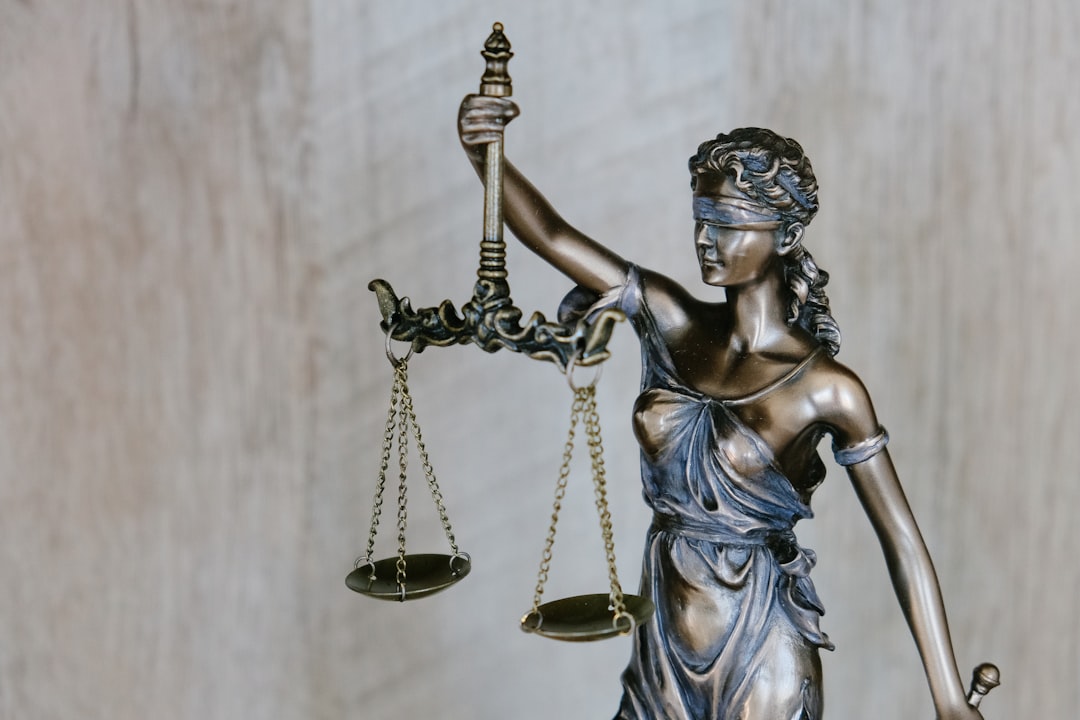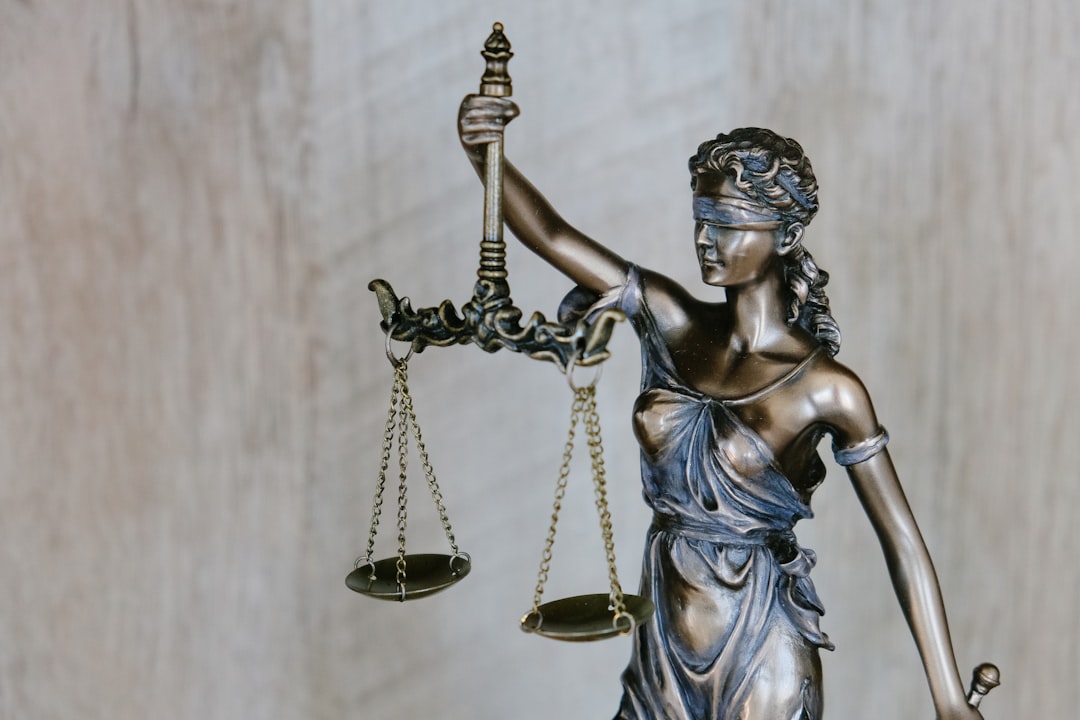Pennsylvania's stringent legal framework, including Act 120 of 2018 (Safe Schools Law), prioritizes student safety from sexual abuse in educational institutions through mandated prevention programs, staff and parent training, designated coordinators/administrators, collaboration with community groups, and law enforcement. Effective education and training initiatives empower students with knowledge about consent, boundaries, and healthy relationships, while continuous professional development equips teachers to identify and respond to abuse. Open communication and supportive environments foster reporting of suspicious behavior, and collaboration with school abuse attorneys ensures swift action and justice. A holistic approach addresses sexual abuse through counseling, hotlines, support groups, legal consequences for perpetrators, and awareness programs.
In Pennsylvania, sexual abuse prevention programs in schools are not just recommended but mandated by law. This comprehensive guide explores the state’s legal framework for safeguarding students from exploitation, focusing on key components such as education, staff training, and administrative oversight. We delve into best practices for implementation, highlighting resources available to support both victims and perpetrators. For parents, educators, and concerned citizens alike, understanding these programs is crucial in fostering a safer learning environment with the help of a school abuse attorney in Pennsylvania.
Understanding Pennsylvania's Legal Framework for School Abuse Prevention

Pennsylvania has established a comprehensive legal framework aimed at ensuring the safety and protection of students from sexual abuse within educational institutions. The state’s laws mandate that schools implement robust prevention programs, providing a safe learning environment for all students. According to Act 120 of 2018, known as the “Safe Schools Law,” school districts must adopt policies and procedures to address and prevent sexual harassment and assault. This legislation requires schools to provide comprehensive training to staff, students, and parents, fostering a culture of awareness and accountability.
A key aspect of this framework is the designation of specific individuals within each school who are responsible for overseeing abuse prevention efforts. These designated professionals, often referred to as Coordinators or Administrators, play a vital role in developing and implementing policies, conducting training sessions, and serving as resources for students and parents seeking guidance regarding sexual abuse-related matters. Additionally, Pennsylvania’s legal framework encourages collaboration between schools, community organizations, and law enforcement to effectively combat and prevent school-based sexual abuse, ensuring that students are equipped with the knowledge and support needed to recognize and report potential incidents.
Implementing Effective Education and Training Programs

Implementing effective education and training programs is a multifaceted approach to sexual abuse prevention in Pennsylvania schools. These initiatives go beyond mere awareness; they empower students with essential knowledge about consent, personal boundaries, and healthy relationships. School abuse attorneys in Pennsylvania emphasize that such programs should be age-appropriate and comprehensively cover various scenarios, including online interactions and social media dynamics. By integrating these lessons into the curriculum, educators can foster a culture of respect and understanding, potentially deterring abusive behaviors.
Moreover, continuous professional development for teachers and staff is crucial. Training sessions can equip educators with strategies to identify signs of abuse, respond appropriately, and create safe spaces for victims. Equally important is promoting open communication between students and trusted adults, ensuring that every student feels heard and supported. This collaborative effort between schools, legal experts, and community organizations significantly contributes to the overall safety and well-being of Pennsylvania’s youth.
Role of School Administrators and Staff in Prevention Strategies

School administrators and staff play a pivotal role in implementing effective sexual abuse prevention strategies within Pennsylvania schools. They are often the first line of defense against potential perpetrators and are responsible for fostering a safe learning environment. This involves conducting thorough background checks on all staff members, especially those who work directly with students, to ensure no known abusers are employed at the school. Additionally, administrators must promote an open and supportive culture where students feel comfortable discussing sensitive topics related to sexual abuse and personal safety.
Training is another critical aspect; schools should provide regular workshops and seminars for teachers, counselors, and support staff to equip them with the knowledge and skills to recognize and report suspicious behavior. These professionals are entrusted with identifying potential risks, implementing reporting procedures, and ensuring prompt responses to any incidents, collaborating closely with local law enforcement and school abuse attorneys in Pennsylvania to uphold justice and protect students’ well-being.
Resources and Support for Victims and Perpetrators: A Comprehensive Approach

In addressing sexual abuse within Pennsylvania schools, a comprehensive approach involves not only prevention but also support for victims and perpetrators. Resources dedicated to assisting survivors include counseling services, hotlines, and support groups tailored to their age and needs. These initiatives aim to help students process trauma, rebuild trust, and regain control of their lives.
Additionally, programs aimed at education and awareness can empower both victims and peers to recognize and report inappropriate behavior. For perpetrators, interventions focus on accountability, often involving legal consequences such as those offered by a school abuse attorney in Pennsylvania, along with therapy to address underlying issues and prevent reoffending. This holistic approach ensures that every party involved receives the necessary tools for healing and safety within the educational environment.






